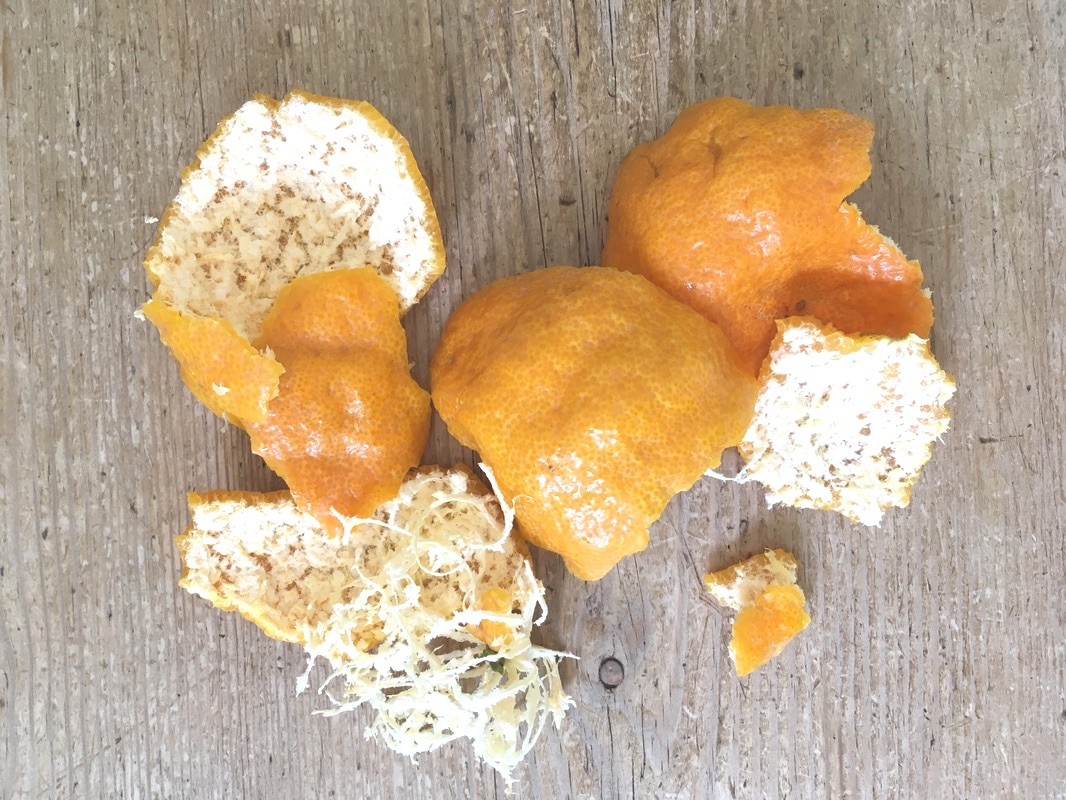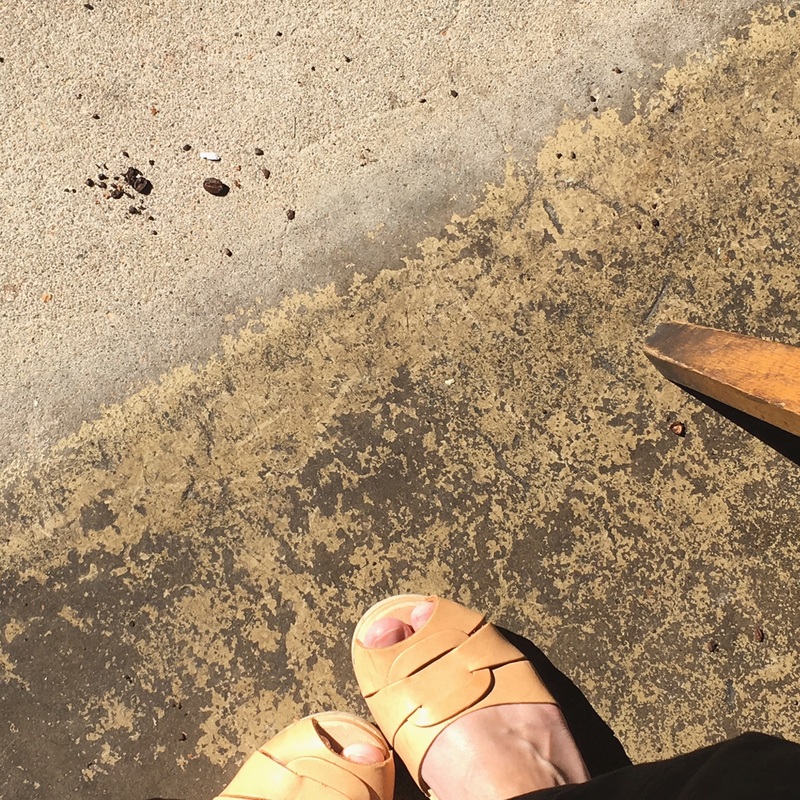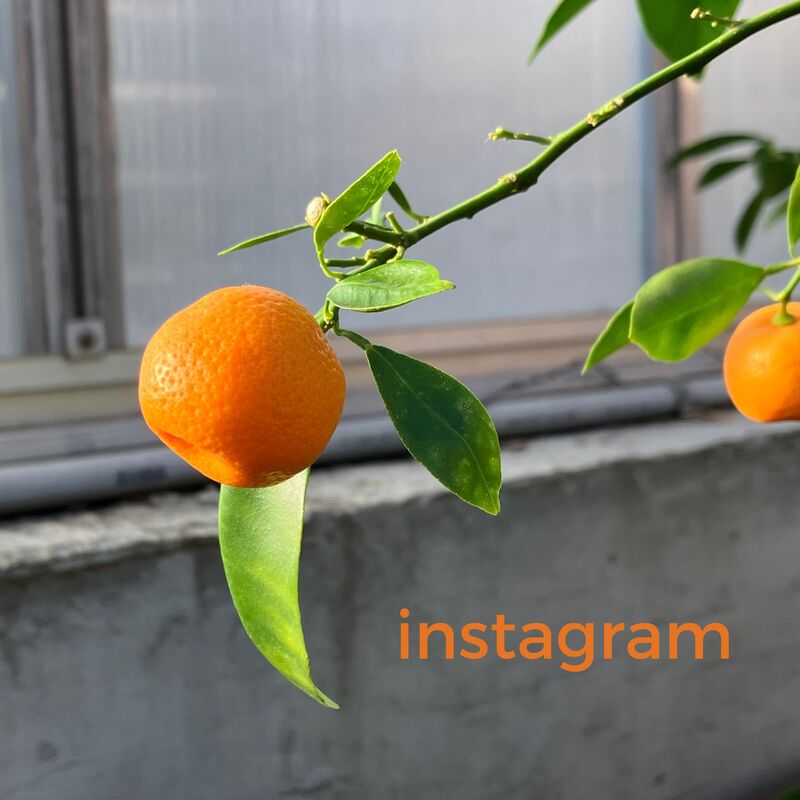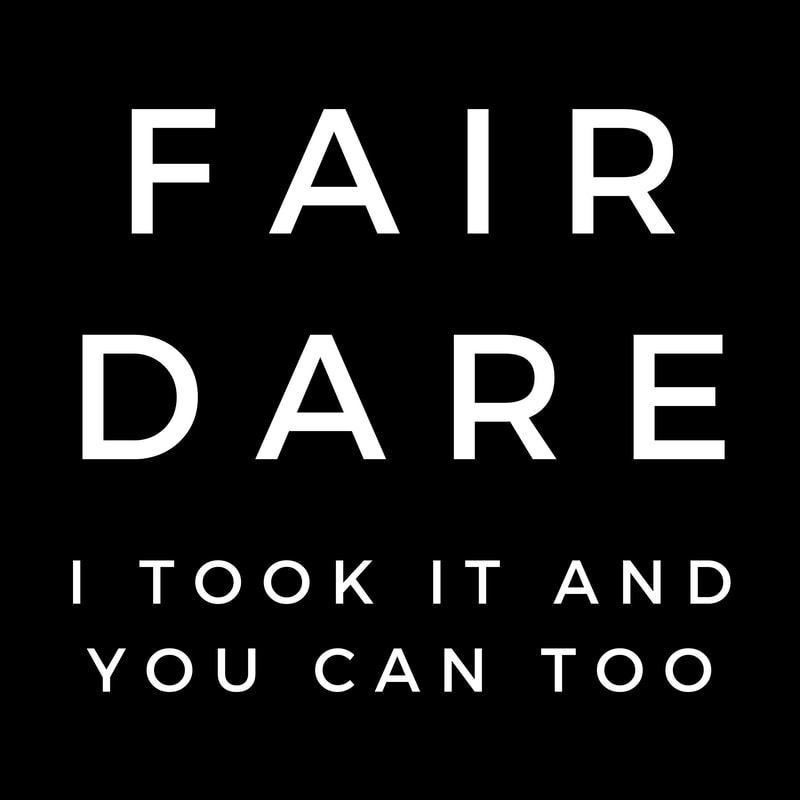The miracle of composting is that what goes in as waste comes out as fertile soil that will nourish new crops of food! I never get over how amazing a design that is. Anyone who grows anything will know (or can learn) what an enormous difference compost makes to the growth of those plants.
There are lots of ways to compost. I've offered a more detailed look at how we compost in our backyard here. All it took was a few discarded pallets + some wire. We simply collect our compost + dump it on the pile about once a week. A scoop of dry leaves is added + it all gets stirred around about once a month. These last steps keep the pile oxygenated + ensure a decreased level of methane release.
A less conspicuous backyard composter could involve this pot or this cone. I don't think that purchasing worms is really necessary (they will inevitably find your outdoor heap), but this little worm composter is pretty cute + might be just the thing for an apartment balcony.
If home composting is not your thing, search for spots to add your compost to someone else's heap. Many farmer's markets offer a spot to contribute compost. A farm in our city welcomes compost drop-off. Our Whole Foods Market also collects compost in their cafe section, so we often take compostable bits there that we would rather not add to our smaller heap.
So what can be composted?
-coffee grounds
-peels, tops, leaves, pits, shells
-spent plants (not weeds)
-food soiled paper
-finger nails + hair
-grass clippings, twigs
-raked leaves
-egg shells
-tea leaves
-dryer lint (if only natural fibers are dried)
-vacuum lint (again...no plastic bits)
-fruits + vegetables
-yarn, twine, natural fibers
Paper + cardboard + natural fiber (cotton, linen, wool, silk, hemp) can be composted, but...my practice is that if something can be recycled, I will do that rather than composting. I try to avoid having things to recycle (because it takes resources like power + water + often more virgin material to make something new out of the used)...but if I end up with something that can save virgin resources, I will recycle it. (Fabric can be recycled into things like insulation + carpet padding by taking it to Goodwill. Some brands are now recycling cotton into new tees.)
What not to compost:
-dairy, meat
-grease, oil
-pet waste
-yard waste that contains pesticide
-weeds
These items will attract pests or contain harmful substances that we would not want in our soil.
That's it. Not a big deal in terms of getting it done (once we figure out how to do it + make it a habit)...a big deal in terms of the environment!
Love,
Jane




 RSS Feed
RSS Feed